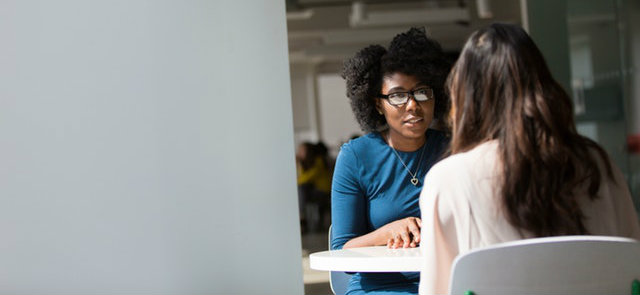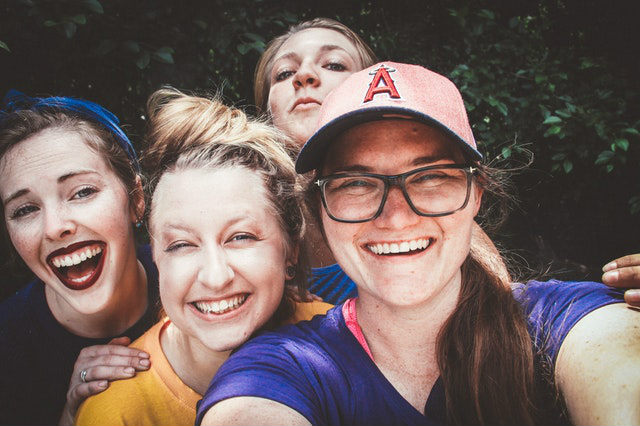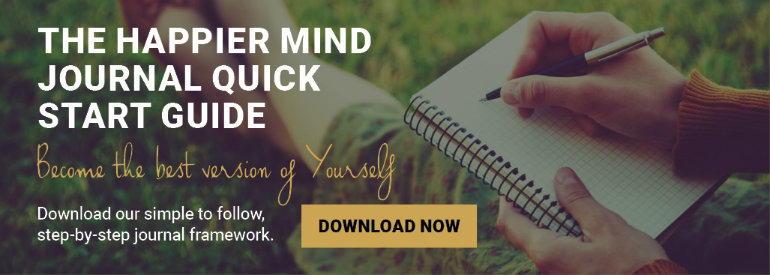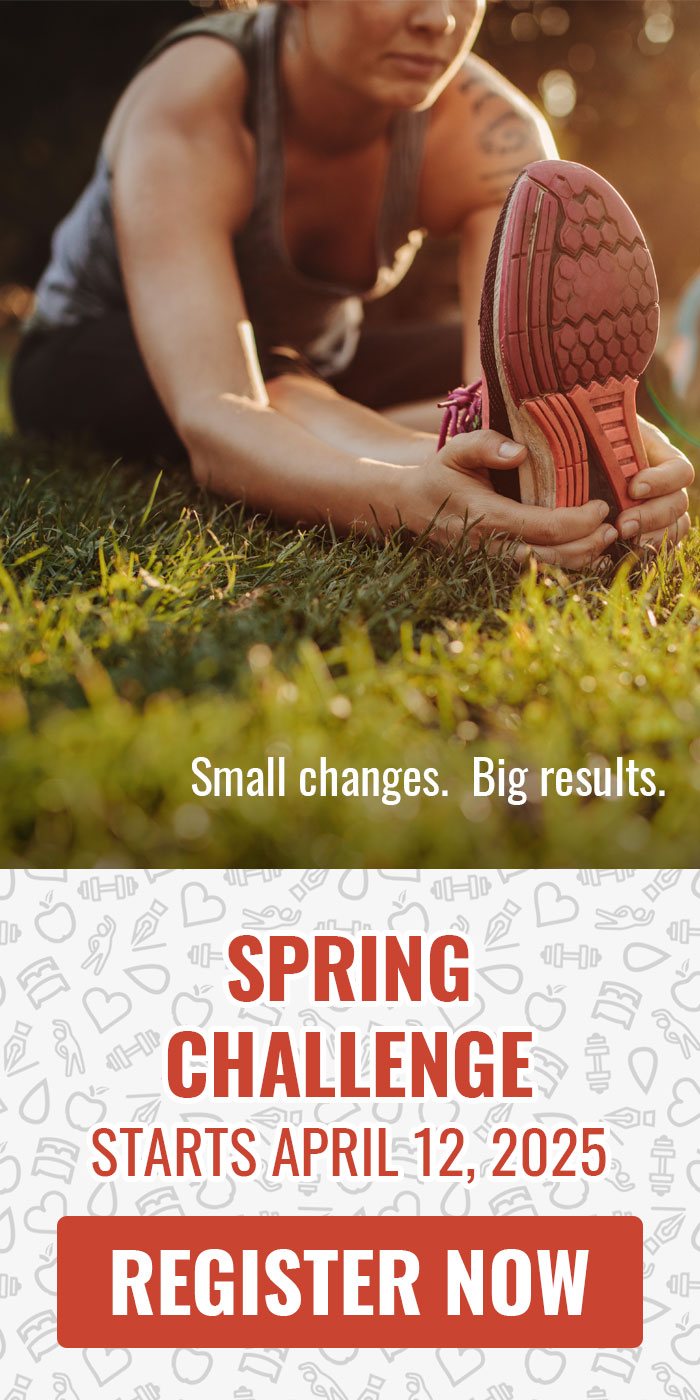 Reading Time: 6 minutes
Reading Time: 6 minutesThere are two things that separate us from our grandparents’ generation:
- We’re more distracted (that’s bad)
- We’re more committed to growth and enlightenment (that’s good). In fact, the personal growth industry is growing 6% year over year!
This means we have more barriers to overcome when it comes to developing real connections with real human beings. But it also means we’re up for the challenge.
The Benefits of Meaningful Relationships
The Society for Personality and Social Psychology says meaningful relationships help you thrive. In fact, meaningful relationships pose a number of benefits: improved mental health, decreased mortality rates, better perceived well-being, higher self-confidence, broader perspectives and understanding, increased resilience — the list goes on.
Upon reviewing the data gathered by the Society for Personality and Social Psychology, Medical Daily goes so far as to call developing meaningful relationships “the healthiest thing you’ll do” during the duration of your life.
So why don’t we do more of it? And why does it often seem so hard to do?

Our Barriers to Connecting with Others
Finding and maintaining these crucial connections with others is becoming more challenging for two reasons:
- Technology provides so many distractions that we struggle to truly listen to and engage with those around us.
- We’re busier than we’ve ever been before, working full-time jobs, side hustles, and trying to live up to the unrealistic standards the media (especially social media) has created for us.
Today’s youngest generation may struggle even more since they’ve been exposed to the distraction of electronics since infancy. Their brains crave distraction, making it nearly impossible to focus enough to listen to and engage with their peers. Other barriers to connection are internal: low self-esteem, history of traumatic relationships, depression, social anxiety, and other psychological challenges can all make connection difficult (but not impossible).
To build a meaningful relationship, you have to care about it, commit to it, and then hold yourself accountable to that commitment. It’s not effortless — but it is worth the effort.

What Does It Mean to Fully Connect?
It’s much more than simply conversing or sharing common interests. Here are some examples of authentic connection between human beings, adapted from those described by Harley Therapy:
- Sharing what is important to you with someone else and feeling as if that person is both listening and understanding.
- Really listening to somebody else share and truly empathizing.
- Helping someone even when there is nothing in it for you.
- Giving and receiving sincere gratitude.
- Catching a stranger’s eye and sharing a smile.
How can you be sure you’re connecting with others? Here are some signs you can look for:
- You feel open to the other person’s perspective, and even if he or she shares something you feel diabolically opposed to, you find yourself willing to listen and consider the validity of the viewpoint.
- You are present. You’re able to deny distractions like the TV in the other room or the notifications on your cell phone and focus on the person you’re with.
- You’re comfortable in your own skin. You’re able to represent yourself honestly — the good, the bad, and the ugly — without putting on a show.
- You trust the person you are communicating with enough to share. If you feel comfortable being vulnerable, you likely feel a sense of trust.
- You care about the other person. You authentically want the best for this person and you would defend him or her if you overheard gossip or negativity.
Skills for Building Meaningful Relationships
Those who are best able to build meaningful relationships with others possess common skills: they’re great listeners, they’re comfortable expressing themselves, they forgive easily, they’re present in the moment, they freely give compliments, they apologize when they’re wrong, and they show kindness and compassion.
All these skills can be developed. Nobody is inherently and permanently bad at being a friend. You may have learned some unhealthy behaviors or put up defense mechanisms over time, but it’s not too late to unlearn these things. And it’s never too late to improve.
Let’s talk about what these relationship-building skills look like and how you can practice them.
1. Listening
Active listening means:
- You’re listening to the person with a goal of understanding rather than a goal of formulating a response before any silence occurs
- You’re engaging by asking questions, making eye contact, defying distractions, and speaking through body language.
Practice active listening by turning off your monitor when someone enters your office to talk, ignoring notifications during dinner with your family, and responding to demonstrate engagement. The key here is to be actively involved in the conversation and to remove all distractions.

2. Self-Expression
Self-expression becomes more comfortable with self-confidence. You can build confidence in yourself by speaking words of affirmation (“I am talented. I am smart. I am beautiful. I am strong.”) and journaling at the beginning and end of each day. Confidence often continues to grow as affirming connections are built, too.
3. Forgiveness
Nobody is perfect, and no friendship is perfect, either. That’s why forgiveness is important in developing relationships. Misunderstandings and plain mistakes can threaten even the most meaningful friendships if you can’t forgive those you care about.
Developing the ability to forgive comes with emotional intelligence: recognizing how you feel, recognizing the emotions that may have led to the transgression, and then coping with those emotions in a healthy way can allow you to truly forgive and move forward.
4. Presence
When you’re present, you’re entirely focused on the discussion or person in front of you. You’re not browsing social media, worrying about tomorrow, or dwelling on the past. If you find your mind straying, recognize it and bring it back to the present.
Real presence takes practice. Ask yourself often, “Am I present in the moment?” and redirect your thoughts to the person or people you’re with until it becomes more comfortable.

Other Important Skills
Kindness, compassion, and the ability to make others feel important are also valuable relationship-building traits. And these don’t take much practice — just intention. Treat others with the utmost respect, even when they aren’t in the room. Refrain from gossip. Give out compliments freely and criticism rarely. Apologize when you’re wrong.
Resources to Help You Along the Way
I’ve compiled some great resources to help you start your journey toward more meaningful relationships — and all of the benefits that come with them:
- The book Active Listening 101: How to Turn Down Your Volume to Turn Up Your Communication Skills by Emilia Hardman is a quick read (just 56 pages) but can provide you with actionable steps to becoming a better listener.
- There are hundreds of resources that can help you build emotional intelligence, which in turn can help you become a better friend and build healthier friendships, but I love this article from Psychology Today. It reduces a lot of wisdom down to just six tips, but I think they’re the most important ones, which means you can spend less time reading and more time growing.
- The Happier Mind Journal can provide the perfect platform on which to build your soft skills and become the best version of yourself. It gives you the prompts to establish your goals, remind yourself of those goals every morning, take baby steps toward achieving them, and then evaluate your progress at the end of the day.
And if you need help getting started, either download our free eBook or purchase a hardcover Happier Mind Journal with a 20% WLC discount. Use promotional code WLC20 at checkout.







